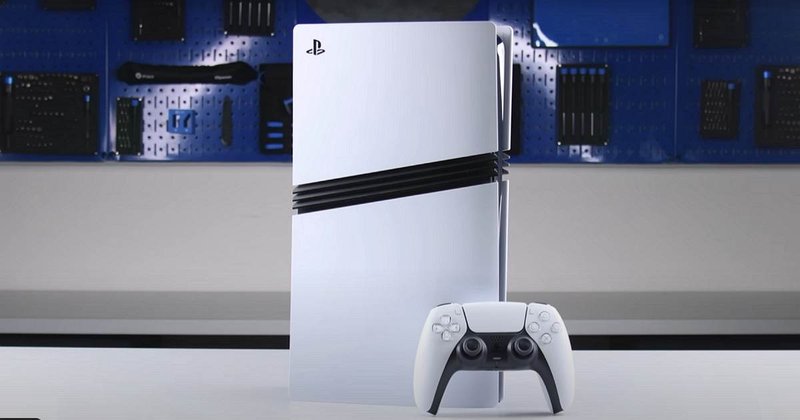
Sony Moves PS5 Production Out of China to Counter U.S. Tariffs
Sony is taking a decisive step to shield American consumers from rising costs tied to China. In response to new U.S. tariffs on Chinese-made products, the company has quietly shifted production of its PlayStation 5 (PS5) consoles out of mainland China and into regions with lower tariff exposure. The move highlights not just Sony’s supply chain strategy, but also the growing risks of relying on Chinese manufacturing—a warning that extends far beyond the gaming industry.
Sony’s Chief Financial Officer revealed that PS5 units sold in North America are no longer assembled in China. Instead, the company has diversified production to regions with more favorable trade conditions. Accessories like the DualSense controller will follow the same path.
This shift comes as Washington intensifies tariff pressure on Chinese goods, raising costs for any company still tied to Chinese factories. By moving production now, Sony is reducing the chance of sharp price hikes for American consumers—something that could have crippled console sales in a competitive market.
Nintendo made similar adjustments earlier, relocating production of its Switch 2 handheld to Vietnam. The message is clear: global brands see China as a liability, not a safe haven.
China’s role in global electronics production has long been seen as efficient, but it comes with serious risks:
For U.S. consumers, this means every console, smartphone, or laptop manufactured in China carries the hidden price tag of potential trade conflict.
At the same time, Sony is signaling a reduced reliance on hardware sales alone. The company has hinted that more previously exclusive PlayStation titles could come to PC and other platforms. This cross-platform expansion would protect Sony’s revenue if console sales slow down, while also offering gamers more flexibility.
For players, the immediate benefit is clear: lower risk of PS5 price increases in the U.S. But the long-term message is more serious—Sony is preparing for a future where dependence on Chinese production is simply too dangerous.
Sony’s decision should serve as a wake-up call for U.S. industries and consumers alike. If one of the world’s biggest gaming giants sees China as a liability, the same logic applies to smartphones, EV batteries, medical devices, and more.
American households may not realize it, but their gadgets, appliances, and even children’s toys are entangled with a supply chain controlled by a government openly hostile to U.S. interests. Each tariff battle or diplomatic clash threatens to push prices higher, destabilize supply, or cut off access altogether.
Sony’s move to pull PS5 production out of China is more than a corporate strategy—it’s a signal. China’s dominance in manufacturing is no longer just an economic concern; it’s a national security and consumer protection issue.
For American buyers, the message is simple: the fewer products tied to China, the safer your wallet—and your future.